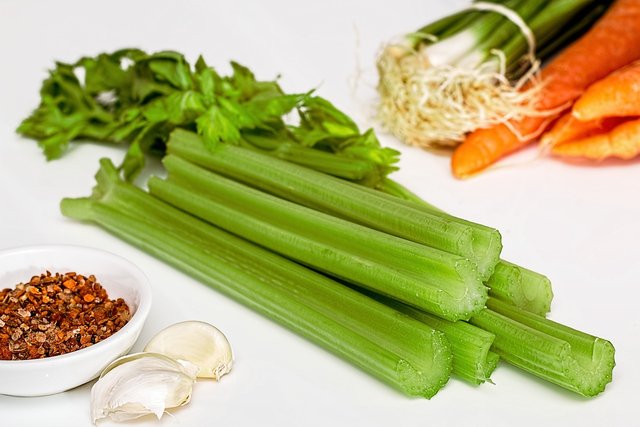Psoriasis is a chronic skin condition characterized by the rapid production of skin cells, leading to the development of red, scaly patches on the skin.
While psoriasis often requires medical treatment, a balanced diet rich in certain fruits and vegetables can help manage symptoms and promote skin health.
Here are four specific options to consider:
1. Berries:

Berries such as strawberries, blueberries, raspberries, and blackberries are rich in antioxidants, vitamins, and fiber, making them an excellent choice for individuals with psoriasis.
Antioxidants: Berries are packed with antioxidants like vitamin C, vitamin E, and various phytochemicals. These antioxidants help combat oxidative stress, which can exacerbate psoriasis symptoms.
Anti-Inflammatory: The antioxidants and phytochemicals in berries have anti-inflammatory properties that can help reduce redness, itching, and inflammation associated with psoriasis.
Skin Health: The vitamins and minerals in berries, including vitamin C, support collagen production, which is essential for maintaining skin health.
Fiber: Berries are high in dietary fiber, which promotes digestive health and can help reduce the risk of gut-related issues that may exacerbate psoriasis symptoms.
Incorporate berries into your diet by enjoying them fresh, in smoothies, as a topping for yogurt or oatmeal, or as a snack.
2. Leafy Greens:

Leafy green vegetables like spinach, kale, Swiss chard, and collard greens are packed with nutrients that can benefit individuals with psoriasis.
Vitamins and Minerals: Leafy greens are rich in vitamins A, C, and K, as well as minerals like folate and iron. These nutrients support skin health and overall well-being.
Anti-Inflammatory: Leafy greens contain anti-inflammatory compounds that can help reduce skin inflammation and the severity of psoriasis symptoms.
Hydration: Leafy greens have a high water content, contributing to overall hydration, which is important for maintaining skin elasticity and preventing dryness.
Folate: Folate, a B-vitamin found in leafy greens, is essential for DNA repair and cell division, which can aid in skin healing.
Incorporate leafy greens into your diet by adding them to salads, soups, smoothies, or sautéed dishes. They are versatile and can be included in various meals.
3. Carrots:

Carrots are a root vegetable known for their high beta-carotene content, which can be beneficial for individuals with psoriasis.
Beta-Carotene: Beta-carotene is a precursor to vitamin A, which is essential for skin health. It helps maintain skin cell turnover and repair, potentially reducing the severity of psoriasis symptoms.
Antioxidants: Carrots are rich in antioxidants, including vitamin C, which can help protect the skin from oxidative stress and inflammation.
Hydration: Carrots have a high water content, contributing to overall hydration and preventing dry, flaky skin associated with psoriasis.
Low Glycemic Index: Carrots have a relatively low glycemic index, which means they don't cause rapid spikes in blood sugar levels. Stable blood sugar levels are important for skin health.
Enjoy carrots raw as a snack, in salads, or as a side dish by roasting or steaming them.
4. Avocado:

Avocado is a creamy, nutrient-rich fruit that can benefit individuals with psoriasis.
Healthy Fats: Avocado is high in monounsaturated fats, which can help maintain skin hydration and reduce dryness associated with psoriasis.
Vitamin E: Avocado is a good source of vitamin E, an antioxidant that can protect the skin from oxidative damage and promote skin healing.
Fiber: Avocado contains dietary fiber, which supports digestive health. Some individuals with psoriasis may find that digestive issues can exacerbate their symptoms.
Anti-Inflammatory: The healthy fats in avocado can help reduce inflammation, which is a key factor in the development and exacerbation of psoriasis.
Incorporate avocado into your diet by adding slices to salads, mashing it into guacamole, or spreading it on whole-grain toast.
While these fruits and vegetables can be beneficial for individuals with psoriasis, it's important to remember that dietary choices should be part of an overall treatment plan that may include medications prescribed by a healthcare professional.
Additionally, consult with a healthcare provider or a registered dietitian to create a personalized diet that meets your specific needs and helps manage psoriasis effectively. Psoriasis management also includes regular skincare routines, stress management, and staying hydrated to support skin health.
Read More: https://sites.google.com/view/wellness-for-your-health